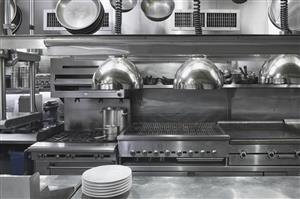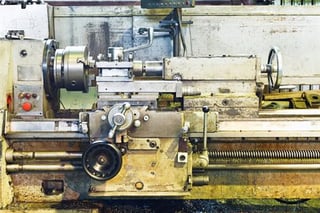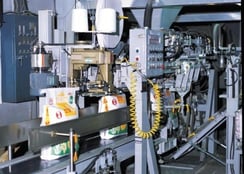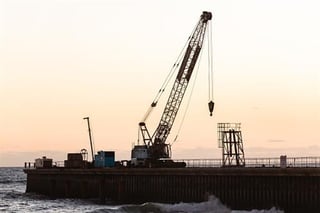
When you're in the restaurant business, change is inevitable. You'll need to change suppliers, update your menu and constantly train staff. But what about the big changes, when you're considering expanding your location or offerings, adding a new location or changing the direction and focus of your restaurant entirely? Though a restaurant equipment appraisal may seem like a strange way to manage the risk of these potential opportunities, it can actually be a great benefit - heres how:
How a restaurant equipment appraisal helps you manage risk in new ventures
- Know your bottom line. One of the first places where restaurant machine appraisal comes into play is to help you determine the risk in taking a new venture or opportunity. A bit part of the decision is comparing your assets against your liabilities. But if your assets aren't accurately valued, you don't really know what that figure should be. Are your assets undervalued because they have additional features or are exceptionally well maintained? Are they overvalued because they need repairs or have seen excessive wear and tear? Having restaurant equipment appraisals completed helps you know exactly what your equipment, and by extension your asset accounts, are actually worth. This helps you make decisions to change your restaurant, expand it or open new locations based on accurate information and an accurate view of the risks involved.
- Leverage your assets to help with business changes. Because a well-qualified and certified appraiser will have a particular methodology that he or she follows to determine the accurate value of your restaurant equipment, it provides legal documentation of those values. When you approach your financial institution about getting financing for your business' planned changes, having an equipment appraisal from a certified appraiser ensures them that you've done your homework and are taking the expansion - and their investment in it - seriously.
- Consider whether the equipment will be an asset in a different direction. If you're making a large change in the direction or theme of your restaurant, some of the equipment will still be helpful while others may be put to better use somewhere else, allowing you to raise more capital to invest in your new venture. If you've run a buffet in the past and are changing over to a more traditional style of restaurant, steam tables and similar fixtures can be sold to invest in new furnishings and similar investments that will help you make the most of your new opportunity.
- Get a better idea of how long the equipment will function effectively and efficiently. Because equipment valuation specialists look at restaurant equipment all the time, they have a good idea of how many more years you'll get out of the mixer you've purchased for your bakery expansion on your country cooking restaurant or the industrial-sized gas wok in your new Mongolian BBQ establishment. This also helps you decide which equipment to keep for your new venture and which to replace in the interest of keeping things running smoothly.
By having a restaurant equipment appraisal performed on your restaurant machinery, you can ensure that you know exactly where you stand and have the proof to back up your new venture.




